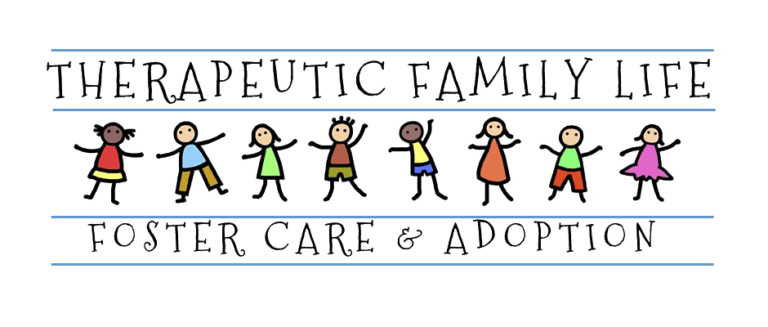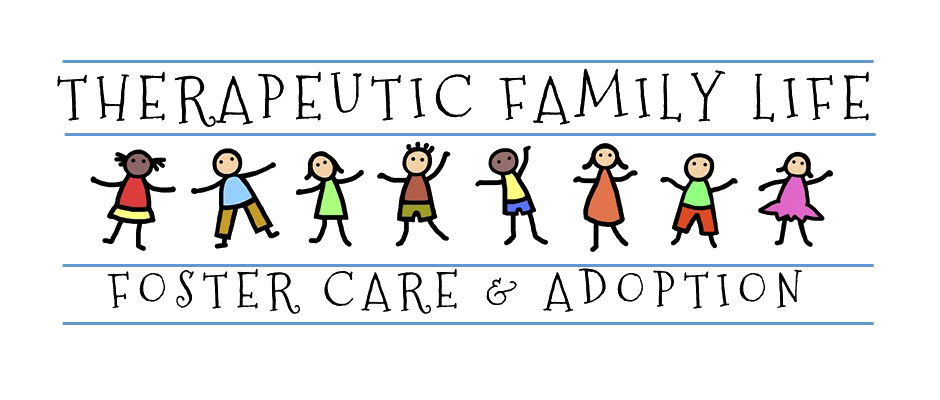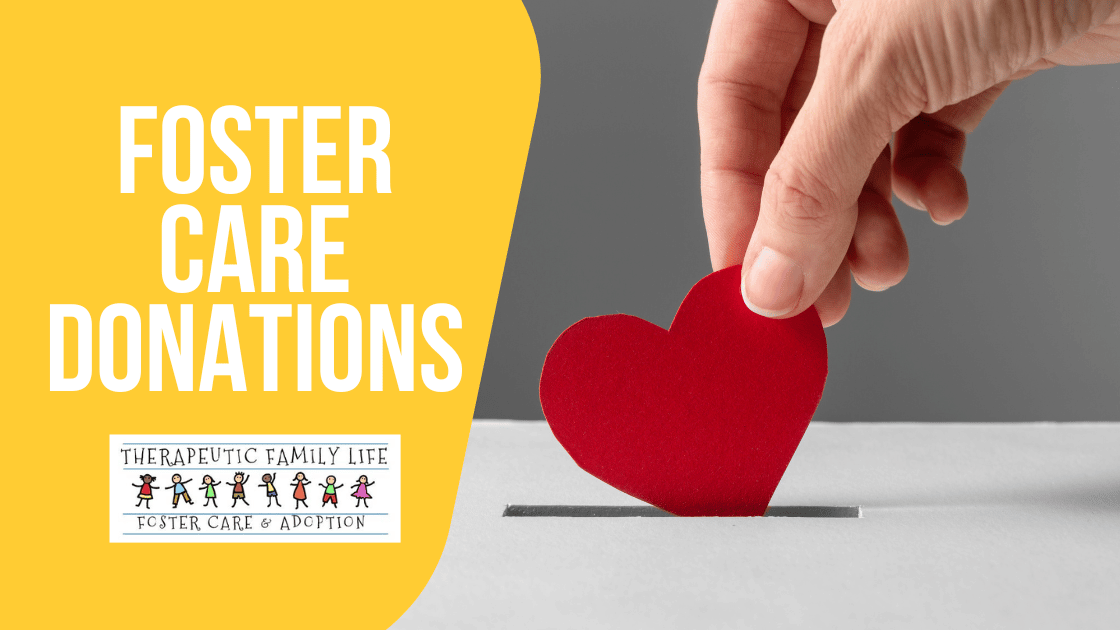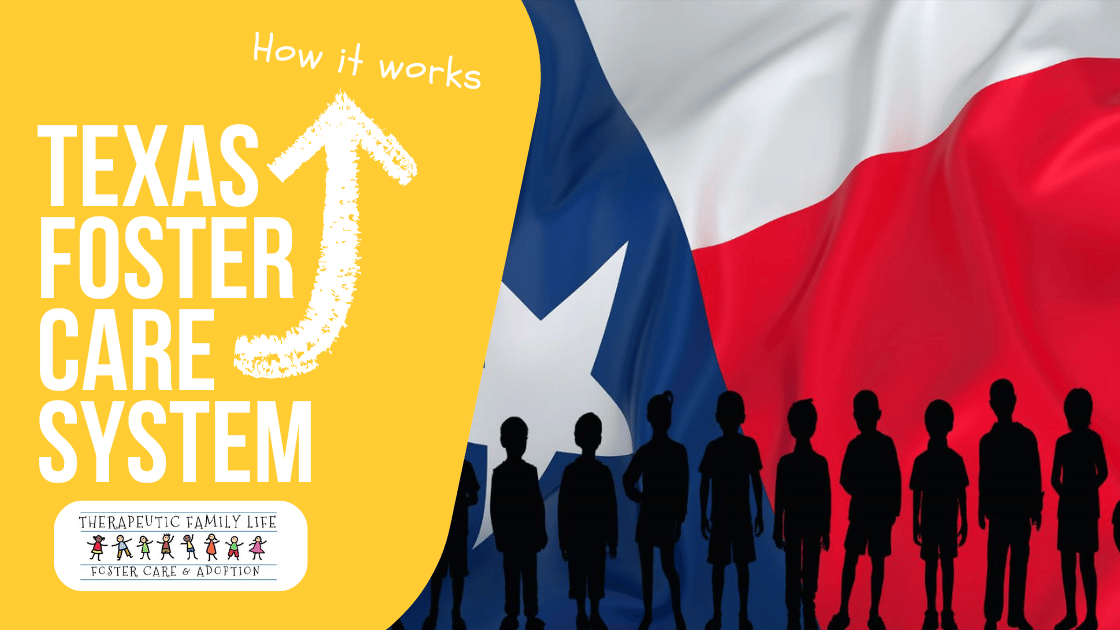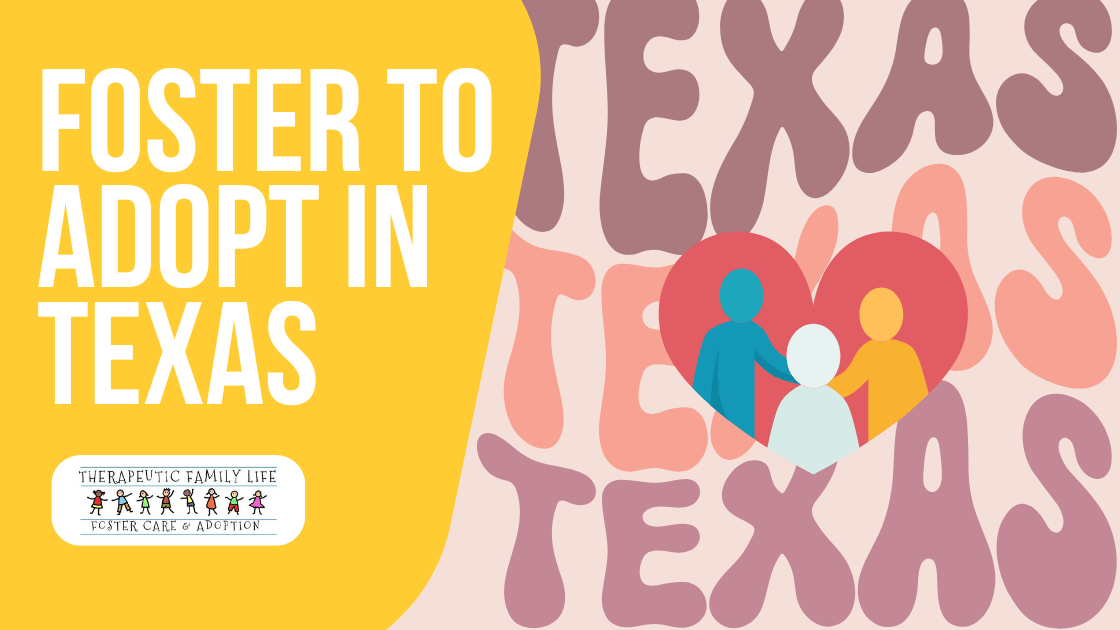When my husband and I decided to become foster carers, our intention was to welcome one additional child into our family of 6 by providing consistent respite care for another foster family. Having four children of our own already, we felt that this would be the limit of what we would be able to effectively manage while maintaining the well-being of our biological children (and ourselves). I can tell you right now that fostering a sibling group wasn’t in the cards for us, and yet… isn’t it funny how God often has different plans for us?
“For I know the plans I have for you,” declares the Lord, “plans to prosper you and not harm you, plans to give you hope and a future.” Jeremiah 29:11
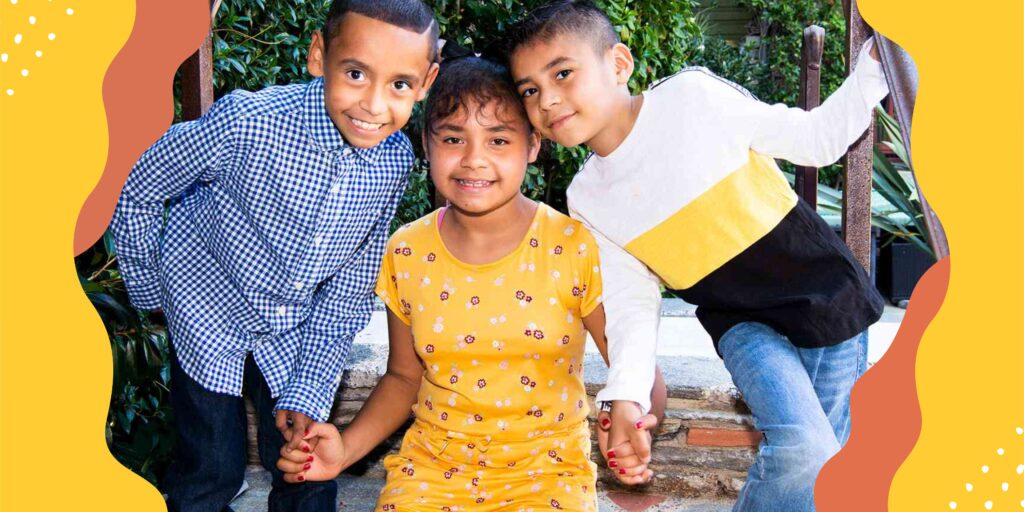
While our respite care journey was going well, we were shocked when asked to take short-term care of 3 Filipino children who needed to be urgently placed due to a placement breakdown. It was literally the week before Christmas, and the alternative would have been to split up this very bonded sibling group into several foster homes. My husband and I spoke with our children, and we all agreed that we could do it. We felt like these precious children were already going through such a traumatic experience with their placement breakdown and couldn’t imagine the additional heartbreak of being separated – especially at Christmas.
Fortunately, this sibling group was similar in age to our own children, and they got along incredibly well. I think our children just felt like they had some additional friends staying with us across those early days. The dynamics were also well-matched, and with 7 children in the house, there was always someone else around with a shared interest or someone to play a game with. We had a lovely Christmas day together with our extended family welcoming our 3 additions warmly as well.
As these things often go, two weeks somehow turned into a month and then a month into a year. We learned that placing a sibling group together is extraordinarily challenging. Whilst it is common knowledge that there are not enough foster carers available, there are even fewer who have the physical space in their home to accommodate a group of children. By this time, we had bonded deeply with our Filipino friends and were functioning well as one large family, so our short-term care situation progressed to long-term.
Over the almost 3 years that we cared for these children, we had many ups and downs and learned so much along the way. Here are a few of the most valuable lessons we learned.
Lessons on Fostering a Sibling Group
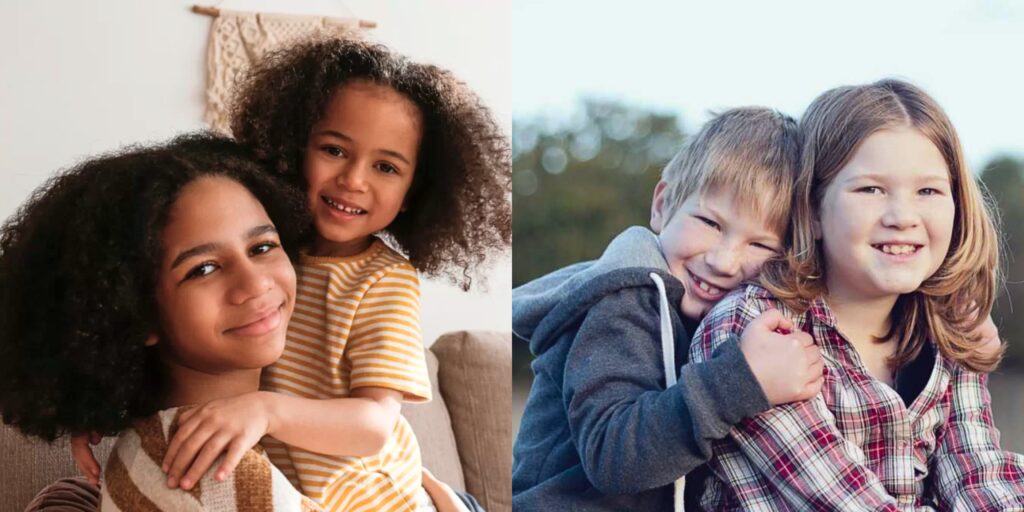
Involving your biological children in the decision-making process is essential. Decisions that impact your child should be ones shared with them. Making decisions together will help your family stay bonded as a team with a shared goal. For us, each time the period of care was extended, we held a check-in meeting with our biological children to be sure that they felt included in making this important decision for our family. They knew that if they said it was too hard or they didn’t want to do it anymore, then their feelings would be considered in the next steps we would take.
If you don’t have a village – create one. Having 7 children in our home was not easy and we recognised early that we needed help to do it successfully. We employed a nanny and a cleaner and these became essential for my well-being and to ensure that we had family time on weekends as opposed to trying to keep up with all the laundry and cleaning on our own.
Embrace new cultures as an opportunity to learn. We really loved having these Filipino children in our home, and it was such a learning opportunity for our family. Fortunately, we had some other Filipino friends who supported us in understanding more about the children’s culture, and we embraced this wholeheartedly. We learned to cook Filipino foods, learned some keywords in Tagalog, and even attended some Filipino parties and events where we were welcomed with open arms by the community.
You have to let some things go. When my own children were very young, I prided myself on not feeding them any preservatives and making all our meals from scratch. This was something I needed to let go of to save my own sanity. Once per week, we settled for a store-bought lasagna, and the children’s lunch boxes contained more packaged foods than I would have liked—but I had to accept that this was okay. I didn’t have time to bake all day, and teenage boys eat a lot!!
Prioritising one on one time is so important. We found that scheduling one-on-one time with both mum and dad really helped us know what was happening for each of our children and provided an opportunity to discuss any issues or problems that they were facing. This time was also important for our foster children and allowed us to strengthen our bonds and get to know each other deeply.
Routine is essential. For busy families fostering a sibling group, a consistent yet flexible routine can help ensure that each day runs as smoothly as possible. Preparing clothes and lunchboxes the night before was an essential part of our daily routine, which meant that morning could be relatively calm and organized despite the struggles of getting seven children ready for school on time.
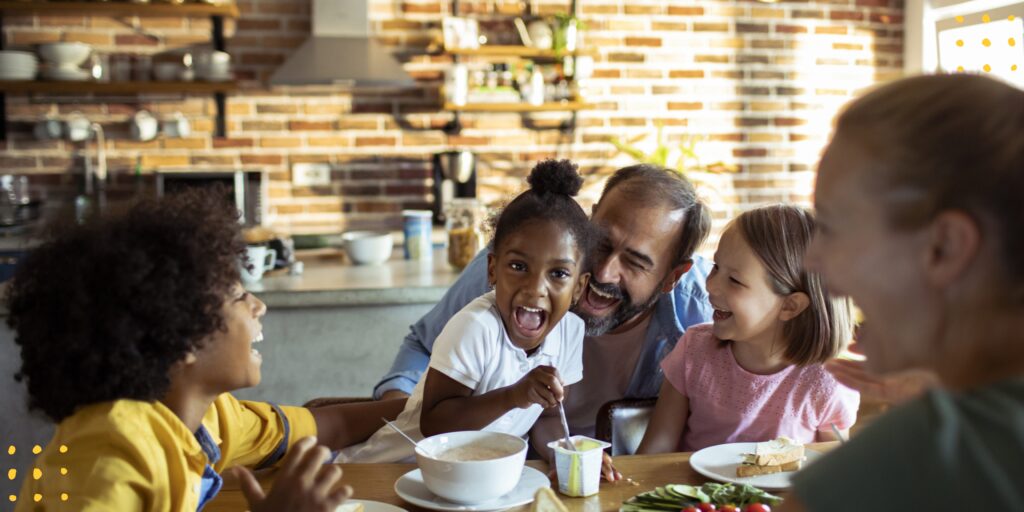
Almost three years after we welcomed this sibling group into our home, they were reunited with their biological family. To be honest, this was a difficult process to navigate, with lots of big feelings from us all. There were tears and anger but also joy. We even navigated some feelings of guilt because my husband and I felt a sense of relief to be able to return to a simpler life after 3 very busy years. Despite these difficult emotions at the time, these children are now thriving back in the care of their biological parents, and while they’ll always have a special place in our hearts – we are thrilled that our story had such a positive outcome for them.
Fostering is hard. Fostering sibling groups is even harder. But like everything in life, with hard work comes great rewards, and we are so thankful for the time we were able to spend caring for, nurturing, and supporting a beautiful sibling group of children. The lessons we have learned will stay with us always, and I am so thankful for the caring and kind children we are raising. I encourage others to consider becoming foster carers as there are so many children out there who need safe, loving homes, and I know how much fostering has enriched our own lives. You can find out more about becoming a Christian foster carer on Therapeutic Family Life.
About This Author
Guest Author
Our Guest Authors are current and former foster parents, adoptive parents, and adoptees who have firsthand experience in the foster care system. We value their expertise and insights and are grateful for their contributions to our website. We have decided to keep their identities anonymous in order to protect their privacy, and that of their family. Their knowledge and experiences remain invaluable in helping us raise awareness about the importance of fostering and adopting.
- Guest Author#molongui-disabled-link
- Guest Author#molongui-disabled-link
